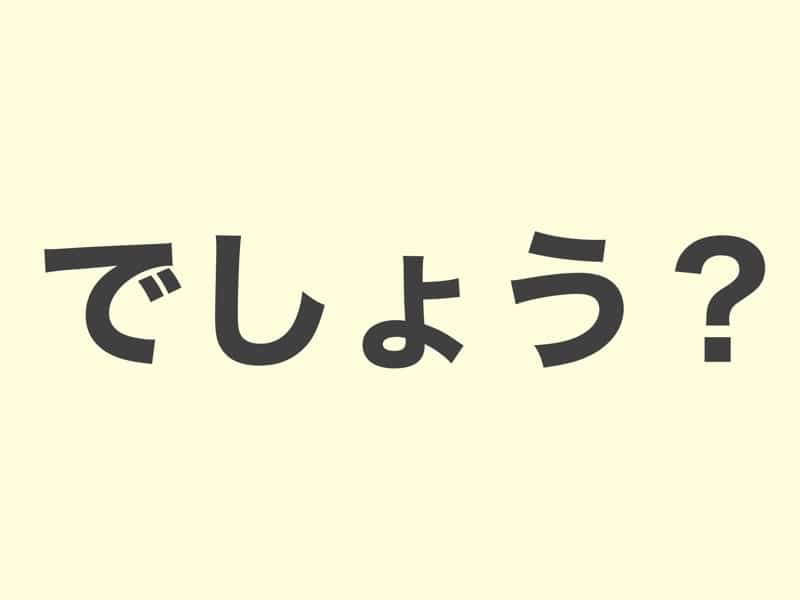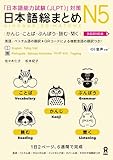説明 (Explanation)
文法(Grammar):普通形+でしょう?(short form+deshou?)
意味 (Meaning):相手の同意や確認を求める表現になります。「〜ですよね?」
英語(English):It seeks agreement or confirmation, similar to “isn’t it?” or “don’t you think?”
例文 (Examples)
Verb
- 明日行くでしょう?
- もう食べたでしょう?
I adjective
- おいしいでしょう?
- おもしろかったでしょう?
Na adjective
- きれいでしょう?
- 便利でしょう?
Noun
- 明日休みでしょう?
- 今日雨でしょう?
ひらなが (Hiragana)
Verb
- あしたいくでしょう?
- もうたべたでしょう?
I adjective
- おいしいでしょう?
- おもしろかったでしょう?
Na adjective
- きれいでしょう?
- べんりでしょう?
Noun
- あしたやすみでしょう?
- きょうあめでしょう?
Romaji
Verb
- Ashita iku deshō?
- Mō tabeta deshō?
I adjective
- Oishii deshō?
- Omoshirokatta deshō?
Na adjective
- Kirei deshō?
- Benri deshō?
Noun
- Ashita yasumi deshō?
- Kyō ame deshō?
英語翻訳 (English Translation)
- You will go tomorrow, right?
- You’ve already eaten, right?
- It’s delicious, isn’t it?
- It was interesting, wasn’t it?
- It’s beautiful, isn’t it?
- It’s convenient, isn’t it?
- You’re off tomorrow, right?
- It’s raining today, isn’t it?





コメント